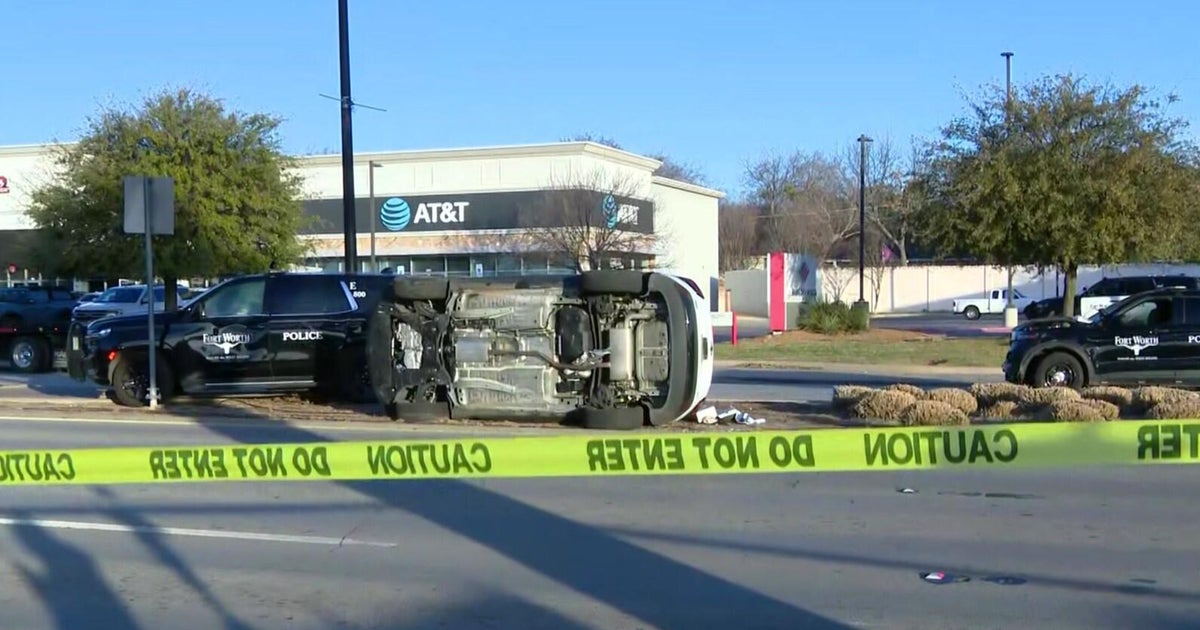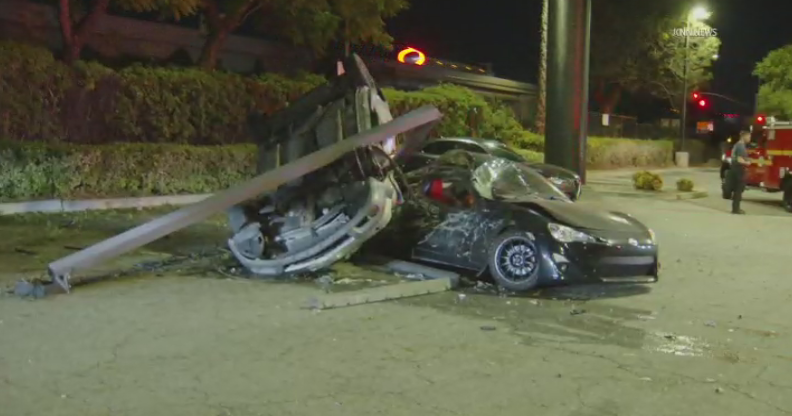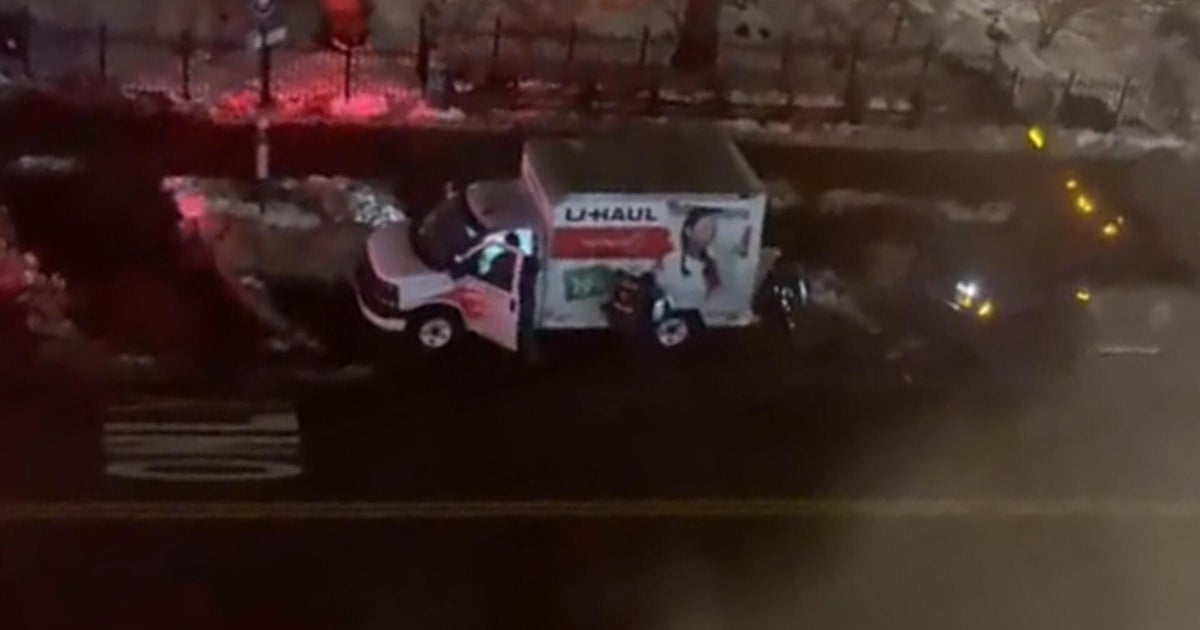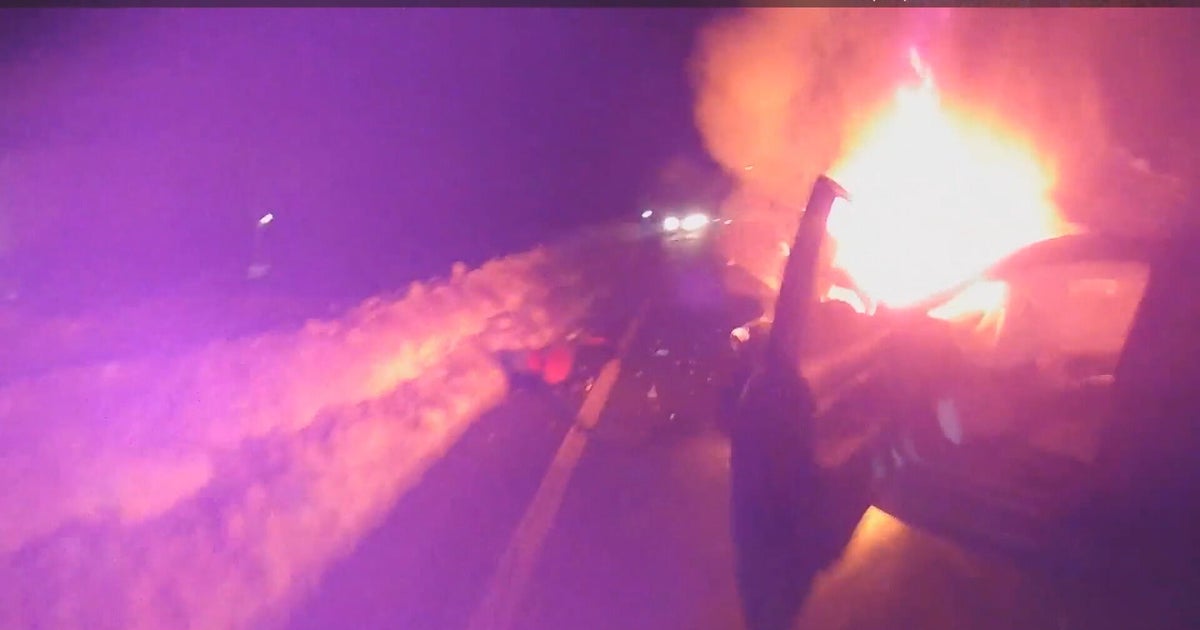SJC: Burnt Marijuana Odor Not Enough To Suspect Criminal Activity
BOSTON (AP) -- The odor of burnt marijuana alone is not enough for police to suspect criminal activity and order a person to get out of a car, the state's highest court ruled Tuesday, citing a state law that decriminalizes possession of small amounts of the narcotic.
WBZ NewsRadio 1030's Kim Tunnicliffe reports
Podcast
The Supreme Judicial Court cited a 2008 ballot question in which voters agreed to make possession of 1 ounce or less a civil, rather than a criminal, violation.
"We conclude that, to order a passenger in a stopped vehicle to exit based merely on suspicion of an offense, that offense must be criminal," Chief Justice Roderick Ireland wrote for the court in the 5-1 ruling.
The court found that the new law "provides a clear directive to police departments handling violators to treat commission of this offense as noncriminal."
"Ferreting out decriminalized conduct with the same fervor associated with the pursuit of serious criminal conduct is neither desired by the public nor in accord with the plain language of the statute," Ireland wrote.
The court said that there must be additional reasons for police to suspect criminal activity to justify ordering someone to get out of a car.
Police Commissioner Ed Davis on ruling with WBZ NewsRadio 1030's Jon Maclean
Podcast
The ruling came in the case of Benjamin Cruz, a passenger in a stopped car, after a Boston police officer, smelling burnt marijuana inside, ordered Cruz to get out.
The court found that police permissibly approached the car because it was parked in front of a fire hydrant but did not have probable cause to order Cruz to step out.
As Cruz was getting out, police officers asked him if he had anything on him. They say Cruz replied that he had "a little rock for myself" in his pocket.
Police say they seized crack cocaine from Cruz and charged him with drug possession with intent to distribute and committing a controlled substances violation in a school zone.
The Supreme Judicial Court, in its ruling, upheld a lower court ruling suppressing the man's statement to police.
In a dissenting opinion, Justice Judith Cowin said case law in Massachusetts has always made it clear that police can do a warrantless search of a car if they smell marijuana.
She said the decriminalization of small amounts of marijuana should not change that.
"An officer's reasonable suspicion justifies an inquiry and, if necessary, an exit order to determine whether probable cause exists to believe that criminal activity has occurred or is occurring," wrote Cowin, who deliberated in the case before her recent retirement.
In this case, the officers' detection of the odor of marijuana provided a basis for a reasonable suspicion that the people in the vehicle might be involved in the commission of crime, Cowin wrote.
"Because that suspicion was reasonable," she wrote, "the officers did not violate the defendant's rights by inquiring further and by requiring him to exit the vehicle."
Middlesex District Attorney Gerry Leone said he was disappointed in the court's ruling and agreed with Cowin's dissenting opinion.
"Today's decision sets a negative precedent for countless cases to follow," Leone said. "This is another example of the challenging legal ramifications for law enforcement resulting from Question 2's passage and, just as importantly, the mixed messages being sent to our children about marijuana."
Sixty-five percent of voters approved the measure to decriminalize possession of small amounts of marijuana in 2008.
Supporters said the move would spare thousands of people from having criminal records and would save taxpayers $30 million in costs associated with marijuana arrests. Opponents, led by district attorneys, warned that the move could lead to more drug abuse among young people.
Cruz's lawyer praised the court's ruling.
"What they said was now that the people of Massachusetts have spoken and decided they no longer want small amounts of marijuana treated like a major crime, police shouldn't do that, either in terms of how they investigate it or the reasons for which they begin investigating in the first place," said Scott Michelman, a staff attorney at the American Civil Liberties Union's Criminal Law Reform Project.
He said the opinion "reaffirmed that you need suspicion of criminal conduct in order to search and seize."
(Copyright 2011 by The Associated Press. All Rights Reserved.)







